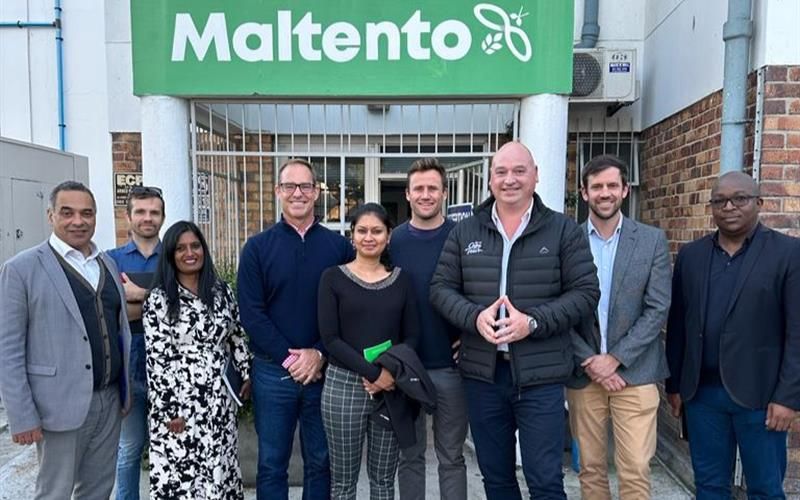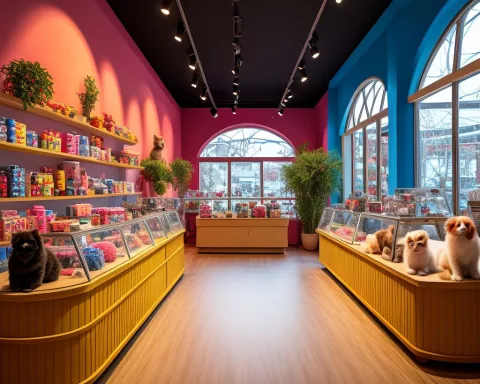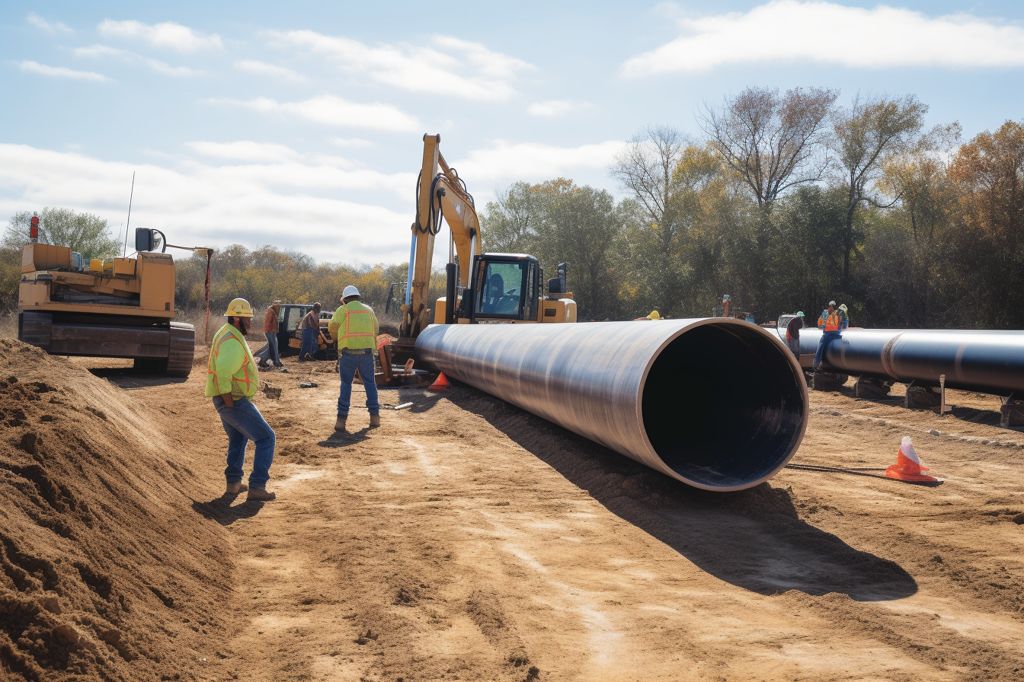Black Soldier Fly (BSF) farming is transforming the food and beverage industry in Cape Town. Maltento, a local company, is leading the way in this emerging industry, which offers significant environmental benefits and boosts the local economy.
The Benefits of Black Soldier Fly Farming
BSF is a mimic fly that breaks down problematic bacteria and emits odors that repel pests. In addition, the larvae of the BSF are used to convert organic waste food into nutrient-rich manure called frass. This frass is used in various ways, such as animal feed, pet food, crop production, and healthy soils.
BSF farming provides an attractive solution for future feed ingredient-proofing, reducing organic waste and lowering environmental impact compared to traditional protein sources. For example, WWF: UK’s Future of Feed Report shows insect protein meal has a lower environmental impact than conventional protein sources.
The Environmental Impact of Organic Waste
South Africa produces almost 45% of food for human consumption that ends up in landfills, causing adverse effects on the environment, economy, and immediate service delivery. In addition, organic waste contaminates recyclables, making them difficult to collect, separate, and recycle. Landfilled organic waste is also the primary source of methane, a potent greenhouse gas responsible for 10% – 11% of Cape Town’s emissions.
Maltento: Leader in the Black Soldier Fly Industry
Maltento is the first BSF company in the world to develop an insect-based plant that enhances the flavor and aroma of dry dog food. In addition, the company produces nutrient-rich and microbial-dense fertilizers and soil amendments that are good for plants and the soil. Through BSF farming, Maltento has added over R85,7 million products to the economy, creating 60 jobs for Capetonians in a fast-growing new industry.
The Global Potential of Black Soldier Fly Farming
The global insect protein market is projected to grow from $189.32 million in 2022 to $856.08 million by 2029. According to GreenCape research, BSF farming alone has the potential to convert 275,000 tons of Cape Town’s food-related waste into R500 million – R2,2 Billion worth of products and support around 500 direct jobs.
The City of Cape Town’s Commitment to Sustainability
The City of Cape Town is committed to finding innovative solutions to reduce organic waste, lower environmental impact, and provide job opportunities while contributing to a more sustainable future. Accordingly, the City funds and works with partners such as GreenCape to understand and realize the investment potential of new industries while fueling the development of small businesses and job opportunities.
In conclusion, the Black Soldier Fly farming industry has enormous potential to benefit Cape Town’s food and beverage sector, environment, and the economy as a whole. With ongoing research and innovation, this industry can reduce organic waste, contribute to a more sustainable future, provide job opportunities, and support small businesses.












